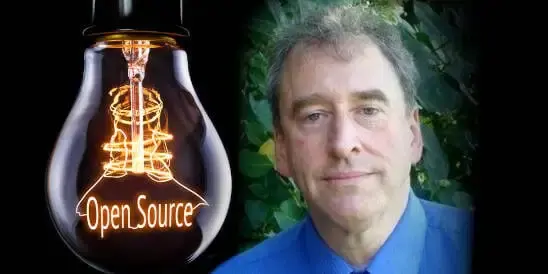Bruce Perens, one of the founders of the Open Source movement, is ready for what comes next: the Post-Open Source movement.
First of all, our licenses aren’t working anymore," he said. "We’ve had enough time that businesses have found all of the loopholes and thus we need to do something new. The GPL is not acting the way the GPL should have done when one-third of all paid-for Linux systems are sold with a GPL circumvention. That’s RHEL.



I’m part of that group. If OSI and FSF want to control the definition of something, they should make new and unique terms, not just attempt to take over a concept that predates both of them. (Interestingly, OSI’s website claims no one used “open source” to talk about software before 1998, and that’s patently not true; I remember seeing people use that in IRC channels back in the early 90s). If I came along tomorrow and said, “my org now controls the definition of ‘downloadable software’,” people would tell me to sod off. Even worse “Open Source” and “Free” are both terms with plain-English meanings (which most people naturally assume to be what people are calling “source available”, in OSS’s case). Trying to impose centralized control over a simple phrase isn’t really in line with the collaborative, community-led spirit of the FOSS community, imho
Call it OSI-Approved Zero-Restriction Licensing or something.
Funny, that’s how I feel about OSI stepping in to claim control of that term.
I agree with this for existing projects, absolutely.